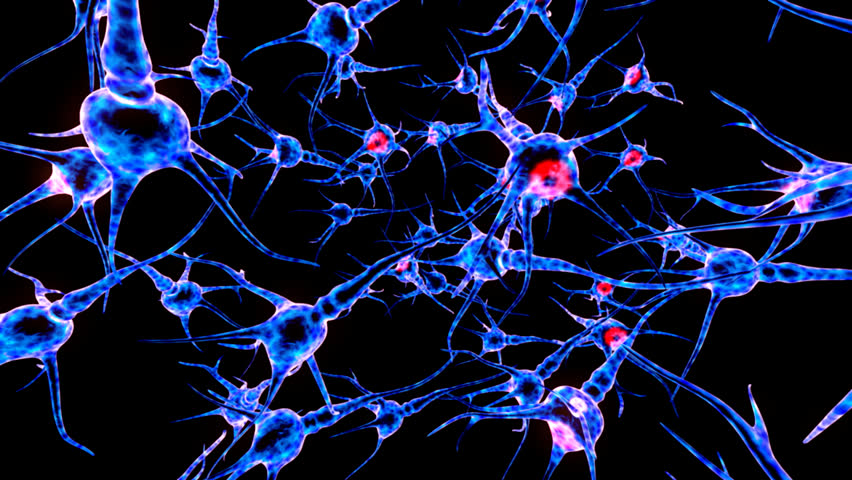“Nitric Oxide Anxiety is a Real Thing.”
Neurotransmitters are chemicals in the brain which function as messengers. They get secreted from a nerve cell and then travel to another nerve cell where it drops the instructions and thus influences the occurrence of specific chemical reactions. They play an important role in management of varied bodily functions such as emotional response, motion, and physical capacity to feel pain and pleasure.
In the general populous, dopamine, serotonin, and norepinephrine are the most well-
known neurotransmitters. Nitric oxide (NO) is a gas that can also act as a chemical messenger in the brain. It is produced in every organ and tissue of the body. NO is created by L-arginine essential amino acid via catalytic action of NO synthase (NOS) enzyme.
Recent research work has shown that the nitric oxide neurotransmitter can help regulate anxiety, social behaviors, and other emotional and psychological aspects. This neurotransmitter is labile and has less than five seconds half-life at body temperature. Hence, most studies indirectly manipulate the neurotransmitter by affecting its NOS synthetic enzyme.
Why is nitric oxide the most important neurotransmitter in anxiety?
Anxiety not only adversely affects the emotional side but also results in physical abnormalities. Hence it is important to manage anxiety. Many studies have shown the co-relation between anxiety and nitric oxide levels. Additionally, the neurotransmitter is also important to sexual and cardiac health and living a long, healthy life.
This neurotransmitter gets produced by the blood vessels lining called endothelium. It has increased sensitivity to chemical and physical circumstances within the vessels and behaves/responds accordingly, as mentioned below:
- Reduced cholesterol and physical activity are aspects of a healthy heart. These are detected by the endothelium which then secretes additional nitric oxide. NO causes the blood vessels to expand, raises blood supply, and reduces blood clotting and plaque development.
- The level of nitric oxide in the body also contributes to penile erection. Medications like Viagra which decrease erectile dysfunction issues trigger enzymatic responses which lead to a rise in NO levels.
- When emotional or psychological distress, smoking, hypertension, or high cholesterol, etc. are detected by the endothelium, then it causes a reduction in release of NO. Thus, low nitric oxide levels are linked to anxiety and other conditions.
- It may be noted that low nitric oxide neurotransmitter levels also causes reduction in dopamine and endorphins, which are the limbic system’s feel good hormones. This increases risk to anxiety, dementia, Alzheimer’s, and depression.
Symptoms of low nitric oxide levels
Some of the common signs and symptoms are listed below:
- Anxiety
- Depression
- Fatigue
- Insomnia
- Lethargy
- Reduced energy
- Concentration or memory issues
- Low stamina
- Loss of/reduced libido
- Erectile dysfunction
- High blood pressure
- Asthma
Causes of NO level fluctuation
Some of the common causes and risk factors that may trigger fluctuation in nitric oxide levels are as follows:
- A poor diet consisting of junk food, processed foods, etc.
- Production of this neurotransmitter naturally decreases as humans grow older
- Nil or reduced physical activity or exercise can cause severe dip in nitric oxide levels
- Smoking reduces NO levels in the body
- Excessive use of mouthwash destroys good bacteria and reduces NO levels
- Using proton pump inhibitors or other drugs that reduce stomach acids decrease nitric oxide levels
Quitting smoking, exercising, intake of nitric oxide supplements, and eating a balanced healthy diet with green leafy veggies, etc. can help increase NO levels.





















Thanks for your article.
Interesting
After yoga teaching for over 20 years, I have been delightfully enjoying the understanding that slow breathing can be another “internal trigger” for the release of Nitric Oxide. Jamie Wheal talks a lot of this in relation to ” flow state”.
Beetroot concentrate with high levels of nitrate is being extensively researched and utilised with athletes and in food supplements to stimulate the release of nitric oxide in the body ( check beet – it from UK if interested – highly recommended)
Thanks for sharing.